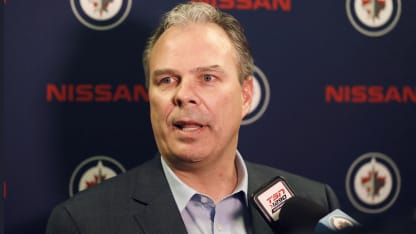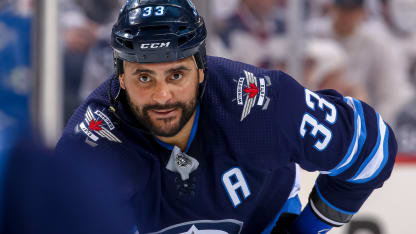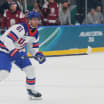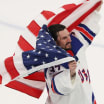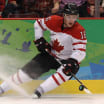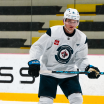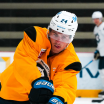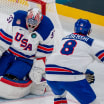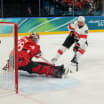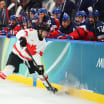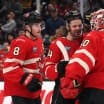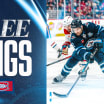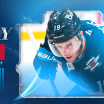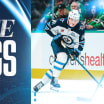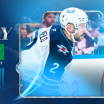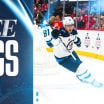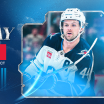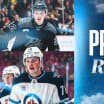All of which leads to Friday's announcement, that both sides agreed to mutually terminate Byfuglien's contract, leaving $14 million on the table.
It was a storyline that went on through the 2019-20 campaign. With all the uncertainty, Cheveldayoff said the conversations between Byfuglien's representatives and the team were amicable and both sides don't have any animosity to one another.
The relationship between Byfuglien and Cheveldayoff goes back to their time with the Chicago Blackhawks, where they won a Stanley Cup together in 2010.
Cheveldayoff had to find a way throughout the process to respect both the personal and the business side of things.
"When Dustin first came and talked to me, my first initial reaction to the emotion was genuine concern. I care a lot about all my players. They have families. They have feelings," he said. "I wanted to make sure he was in a good spot. From the team standpoint, you have to adjust. From that point on, we were finding ways to adjust. You don't put emotion into that."
The Jets GM is proud of the team's players and coaches, who stayed in the fight throughout the season, working themselves into a wildcard spot just before the NHL season went on pause.
"The pride that I do have in our leadership group, the players, the coaches, they had some things to deal with at training camp," Cheveldayoff said. "They found a way to get stronger through this."
There hasn't been a lot of direct conversation between Byfuglien and Cheveldayoff since January, but Cheveldayoff hopes to run into him at some point - when health regulations surrounding Covid-19 eventually start to relax.
He holds no ill will toward Byfuglien and looks forward to the day he sees him again.
"To me, the legacy is always going to be him grabbing two people out of a pile and throwing them around," Cheveldayoff said. "To me, the legacy is always going to be the hit at centre ice on (Mark) Stone from Ottawa. To me, the legacy is going to be the slap shot from the point to blast it by a goaltender.
"If we choose to focus on other things - that's everyone's choice. We live in a time right now that we all understand that things do happen that are unexpected. It's how we choose to move on. Dustin still remains, in my estimation, a tremendous person.
"We wish him, Emily, and their family nothing but the best going forward."
